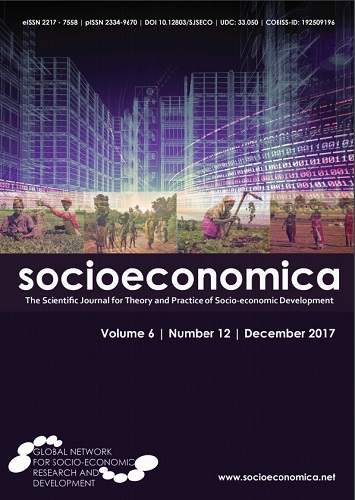Developing a Novel Levelised Cost of Electricity Model for Power Generation Plants
Developing a Novel Levelised Cost of Electricity Model for Power Generation Plants
Author(s): Ndala Yves Mulongo, Clinton O. AigbavboaSubject(s): Energy and Environmental Studies
Published by: Naučno društvo za promociju i unapređenje društvenih nauka AKROASIS
Keywords: Standard LCOE Model; Novel LCOE Model; Power Generating Plants; South African Power System
Summary/Abstract: Levelised Cost of Electricity (LCOE) is a metric that is largely employed by decision makers in energy sector to measure the cost performance of various electricity generating sources options. Unfortunately, the current LCOE model is naïve and is not inclusive enough since it is a mere summation of capital, Operations and Maintenance, and fuel costs. Hence, ignoring some elements that are crucial to business decision. An additional issue with the standard LCOE model is that it is only applicable to electricity production options, which use akin technologies with the same annual energy production (Megawatt-hours) as determined by capacity factor. To provide a fair cost assessment between various power production technologies and to address gaps containing in the current LCOE model, this study has developed a novel LCOE model that incorporates critical components to business decision such as, lifecycle greenhouse costs, Transmission and Distribution costs, and rated capacity replacement costs during power crisis. In this study, the novel model has been applied to six different electricity generation plants. Various analyses have been conducted including sensitive analyses to load factor, discount rate, and lifespan. The overall results clearly demonstrated that both fossil fuel power plants and nuclear technology are cheaper to build and generate electricity from than renewable energy sources. However, a conclusion was drawn up that due to the inexhaustibility aspect of renewable energy sources, thus, they should be given more weight. Because, they are sustainable in a long run as well as environmental friendly.
Journal: Socioeconomica - Naučni časopis za teoriju i praksu društveno-ekonomskog razvoja
- Issue Year: 6/2017
- Issue No: 12
- Page Range: 197-214
- Page Count: 18
- Language: English

